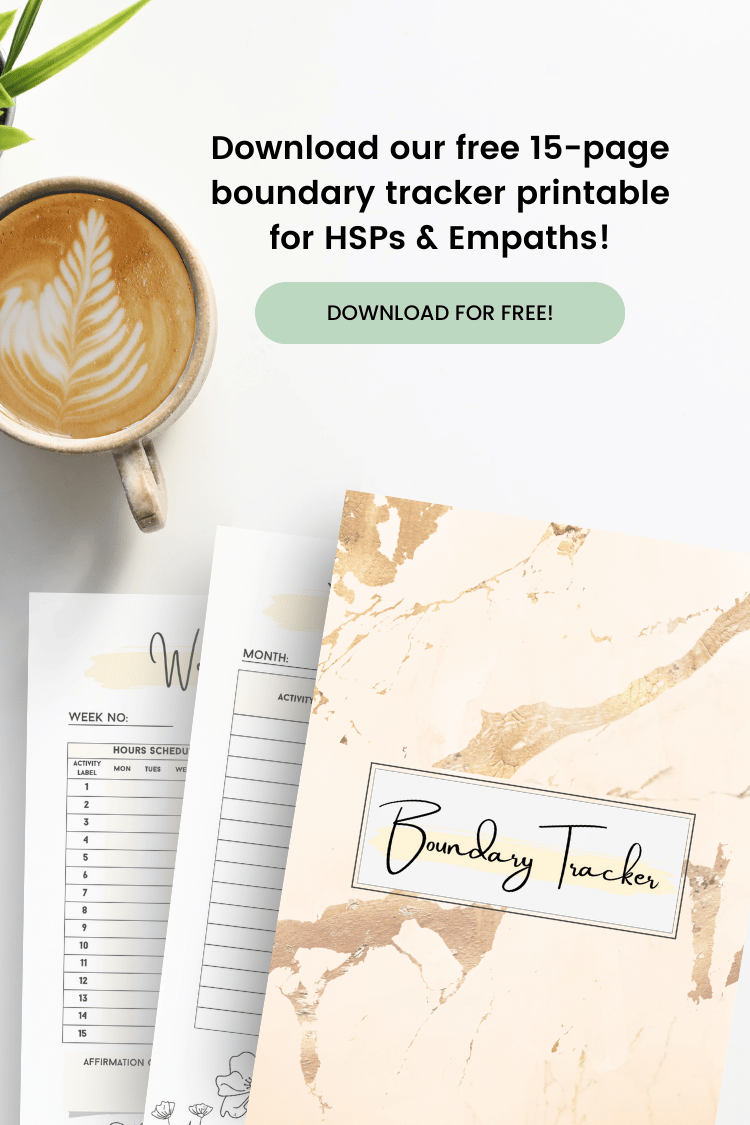Are you experiencing relationship issues and looking for ways to cope and heal? In this article, we share practical tips with you!
Hey there, lovely readers! We want to be completely transparent with you. Some of the links in this blog are affiliate links, which means if you click on them and make a purchase, we may earn a small commission at no additional cost to you. 😊
We only recommend products and services we genuinely believe in and have personally used or researched. Your support through these links helps us keep bringing you valuable content, so thank you for being amazing!
Estimated reading time: 5 minutes
Relationships are complex and require effort and commitment from all parties involved. However, even with the best intentions, issues can arise.
These issues may stem from a variety of reasons, such as miscommunication, unmet expectations, or differing values.
Regardless of the cause, it’s important to acknowledge and address these issues to prevent them from escalating and causing further harm.
Here’s What You’ll Discover:
Common Causes of Relationship Issues
Understanding the common causes of relationship issues can help us identify and address them effectively.
One cause of relationship issues is a lack of communication. When communication breaks down, misunderstandings and conflicts can arise.
Another common cause is a mismatch in expectations. For example, if one person expects their partner to spend all their free time with them, while the other person values independence, this can lead to conflict.
Other common causes of relationship issues include trust issues, infidelity, financial disagreements, and differences in values or beliefs. It’s important to identify the root cause of the issue to effectively address it.
The Impact of Relationship Issues
Relationship issues can have a significant impact on our mental and emotional well-being.
They can cause stress, anxiety, and depression. Relationship issues can also affect our physical health, leading to issues such as headaches, fatigue, and even chronic pain.
Furthermore, they can impact our social connections and sense of belonging, leading to feelings of loneliness and isolation.
Coping Mechanisms
When faced with relationship issues, it’s important to have healthy coping mechanisms in place.
Coping mechanisms can help us manage our emotions and reduce stress. Some healthy coping mechanisms include exercise, mindfulness, and journaling. It’s also important to seek support from trusted friends or family members.
However, it’s important to note that unhealthy coping mechanisms, such as substance abuse or self-harm, can worsen the situation and lead to further harm. It’s important to seek professional help if you are struggling to cope.
Expert Tips for Navigating Relationship Issues
Navigating relationship issues can be challenging, but with the right tools and strategies, it’s possible to overcome them.
One expert tip is to practice active listening. This means fully focusing on the other person when they are speaking, without interrupting or judging. It also involves reflecting back what the other person has said to ensure understanding.
Another expert tip is to practice empathy. Empathy involves putting yourself in the other person’s shoes and understanding their perspective. This can help build understanding and strengthen the relationship.
Here are some practical tips to work on your relationship issues:
#1 Strategies for Healing
Healing from relationship issues takes time and effort. However, there are strategies that can help facilitate the healing process. One strategy is to take responsibility for your actions.
This means acknowledging any mistakes you may have made and taking steps to make amends. It’s also important to forgive yourself and the other person involved.
Another strategy is to set boundaries. Boundaries can help protect your emotional well-being and prevent further harm. It’s important to communicate your boundaries clearly and respectfully.

#2 The role of therapy
Therapy can be a helpful tool for navigating relationship issues.
A therapist can provide a safe and non-judgmental space to explore your thoughts and feelings. They can also provide tools and strategies for improving communication, building empathy, and setting boundaries.
A Couples therapy can also help address any underlying mental health concerns that may be contributing to the relationship issues. It’s important to find a therapist who specializes in relationship issues and who you feel comfortable working with.
#3 Self-care Practices
Self-care practices are an important aspect of healing from relationship issues. Self-care involves taking care of your physical, mental, and emotional well-being.
This can include activities such as exercise, meditation, spending time in nature, or practicing a hobby.
It’s important to prioritize self-care and make it a regular part of your routine. This can help reduce stress, improve mood, and increase resilience.
Some Final Remarks
Relationship issues are a common experience, but they don’t have to define us. By understanding the common causes, the impact they can have, and utilizing healthy coping mechanisms and expert tips, we can navigate relationship issues with greater ease.
Healing takes time and effort, but with the right strategies and self-care practices, it’s possible to move forward towards a healthier and happier future.









[…] good therapeutic relationship and real improvement depend on this continuance of treatment. Connecting with their therapist from […]